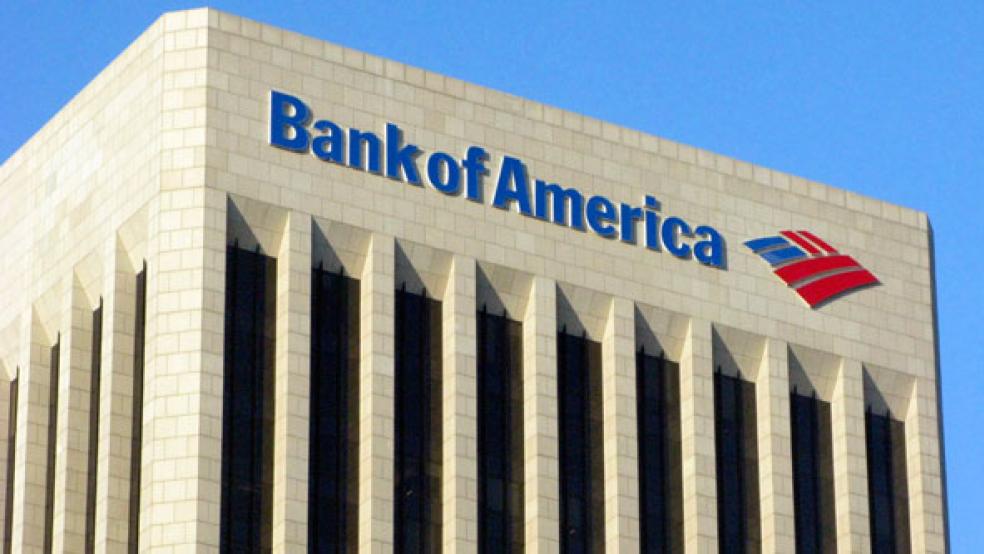Shares of online gaming company Zynga (ZNGA) jumped nearly 14 percent after hours Wednesday, following the release of the company’s third-quarter earnings. But Zynga’s insiders have a lot of work to do if they ever hope to truly win back the faith of shareholders and the investing public at large.

Even after Wednesday’s pop, the company’s stock trades at about $2.43 a share, down 74 percent from its highs. Even worse, in the eyes of many who have watched the Zynga’s rise and fall from grace: Insiders took advantage of a temporary surge in price early this year to unload their holdings. Leading the way was CEO Marc Pincus, who raised some $200 million in a secondary stock sale in April, but the company’s CFO, chief operating officer and general counsel were also among the sellers. All perfectly legal, of course – the transaction was a public underwriting led by Morgan Stanley (MS) – but the optics, in light of what would follow, aren’t that great.
Of course, Pincus and his colleagues still own a lot of stock in their company, and so they, more than anyone else, had a big stake in using the release of its third-quarter earnings yesterday to persuade the world that the outlook is rosier than it has appeared of late.
The results themselves were pretty much what we had been expecting. Zynga reported a loss of 7 cents a share for the quarter after accounting for a writedown on an acquisition made early this year. It said that the revenue it generated by selling “virtual goods” in the games it develops and showcases on Facebook and other platforms fell 11 percent. The average daily “bookings,” or the amount of revenue it earns daily from these sales per user, fell 19 percent from the second quarter.
But financial markets and stock prices look forward, not backward – luckily for Zynga. Investors might be ready to believe that the company can persuade consumers to part with real money by bringing a host of new and highly addictive online games to life within the next three to six months. But Zynga pushed the ball forward faster than most analysts had expected by combining discussion of its bleak third-quarter results with the announcement that it had formed a partnership with bwin.party, a U.K.-based “real money” gaming operator.
That’s right, in the first half of 2013 you’ll be able to turn to Zynga for access to poker and an array of casino games in which you’ll be able to stake real money. At least if you live in the U.K., where bwin.party does business using a Gibraltar license. “We view this as a first step into real money gaming. We believe it's a good first step, but only a first step to what is a large opportunity,” David Wehner, Zynga’s CFO, told those listening in on the company’s conference call.
Some investors clearly liked the decisive approach that Zynga is taking to both cutting costs (it laid off 5 percent of its workforce, closed its Boston office and announced it would remove a number of its under-performing games) and exploring new opportunities. But this is a big bet – to realize the full potential of the move into “real money” gaming, Zynga will have to figure out how to penetrate the U.S. market, which is regulated state-by-state and which is notoriously difficult to navigate.
Zynga, for now, remains a high-risk gamble, even with shares trading at a fraction of their former value. For at least the next 12 months, its major platform will continue to be Facebook, which accounted for 80 percent of those “bookings” in the most recent quarter. And Facebook’s own CEO, Mark Zuckerberg, was well aware on his own earnings call that Zynga’s contribution to his business’s bottom line is sliding.
There is little reason to buy Zynga based purely on hope, and so far, that seems to be all that is on offer. Pincus is certainly making the right moves, but investors who got burned after hearing the lavishly upbeat comments made in the runup to Zynga’s IPO would be forgiven for demanding evidence of real improvements.
In what form? Well, there are several options. A new game, or series of games, that captures the imaginations of Facebook users. A new platform that shows itself able to bring in fresh advertising revenue. Another deal or two in the real-gaming space, or some evidence that the company has figured out a way to slice through the Gordian knot that is gaming regulation in the United States.
Today’s announcement marks a shift in sentiment; fundamentals will take a bit longer to arrive on the scene.






